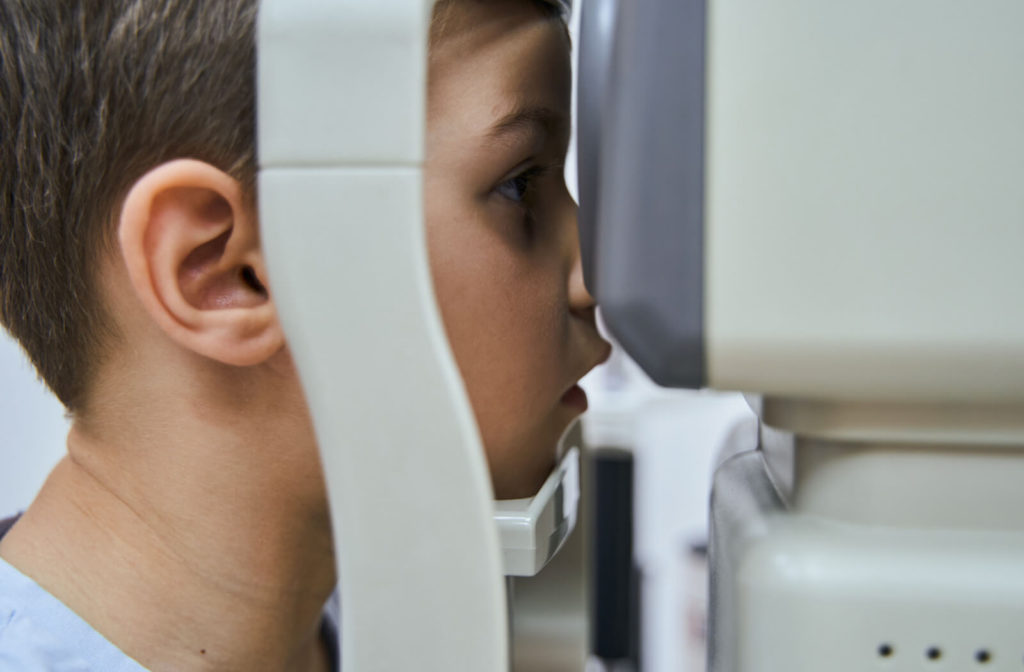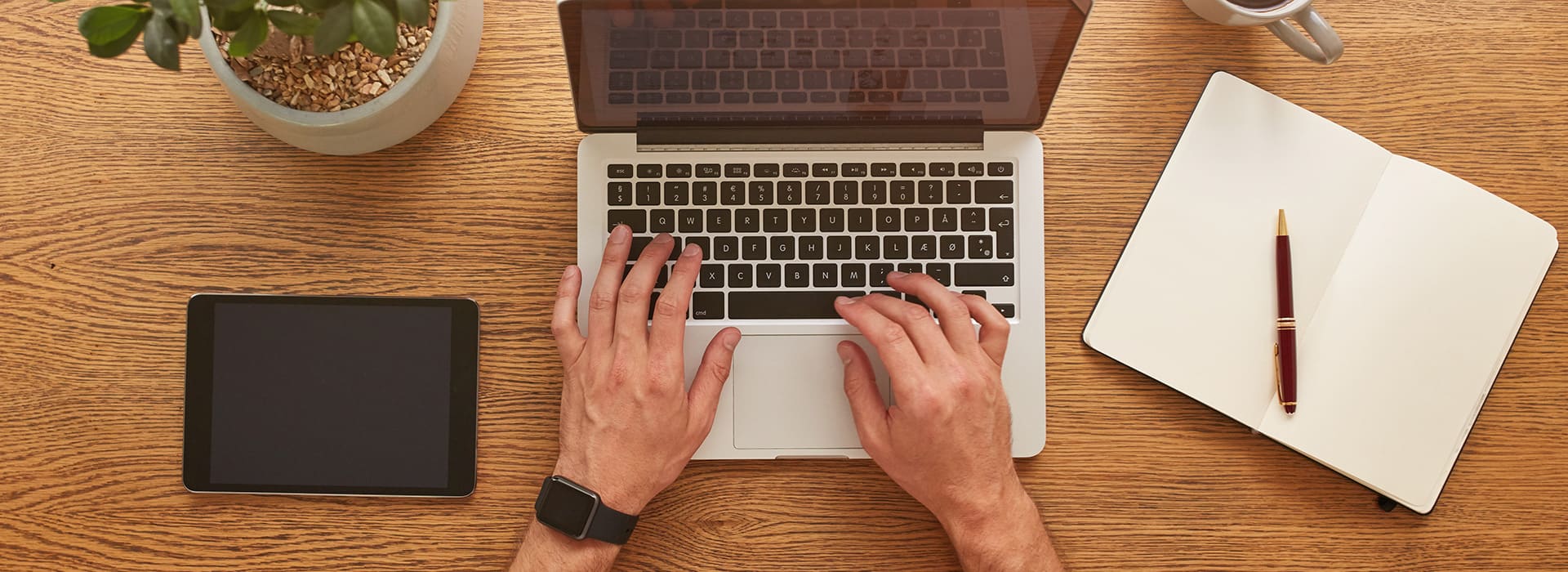Our eyes are the windows to our soul, so we must look after them with annual eye exams.
Eye exams are a crucial aspect of our general wellness. They make it possible to diagnose eye disorders and vision correction, but they also enable the discovery of additional medical conditions.
Adults should have an eye exam every 2 years, and adults over 65 should have their eyes tested once a year. Your eye doctor may request that you visit more frequently, depending on the condition of your eyes.
The length of the average adult eye exam can take anywhere from 20–60 minutes, but this time can vary depending on your eye care needs. Let’s dive deeper into what to expect from your eye exam.
What’s Included in an Eye Exam
Given how vitally essential our eyes are to the entire quality of our lives, it makes sense to want to know what to expect during an eye exam. Undoubtedly, an eye exam is essential to ensure that your prescription is current and will support your eyesight.
An eye exam can take anywhere between 20 and 60 minutes; however, in some situations, an eye exam may take longer than 60 minutes, though this isn’t typical.
Visual Acuity
A visual acuity test measures how well you see individual letters or symbols from a distance. The Snellen and random E acuity tests are commonly used tests.
An alphabetical or symbol chart is used in the Snellen test. The letters are arranged in rows and columns and come in various sizes. This chart aids in determining how well you can read letters and shapes when seen from 14 to 20 feet away.
The random E test measures how well you can determine the way the letter “E” is facing: up, down, left, or right.
Peripheral Vision
A peripheral vision test measures all aspects of your eyesight.
You’ll be asked to look inside an instrument known as a perimeter. Lights flicker when you focus on the perimeter’s centre, and you click a button every time you see a flash. A computer records each flash and button push.
A printout from the test reveals whether there are any areas in your vision where you missed the light flashes. These are the blind spots. Peripheral vision loss is frequently an early indicator of glaucoma.
Intraocular Pressure
Your intraocular pressure is measured using a handheld tonometer. A tonometer applies gentle pressure to the surface of your eye to look for signs of glaucoma, an eye condition that damages the optic nerve and results in blindness.
Dilated Eye Exam
During a dilated eye exam, your eye doctor can get a clearer view of the back of your eye, an essential part of a routine eye check-up. This test helps the doctor detect various eye issues and uncover signs of other health problems like head trauma, diabetes, or brain tumours.
The process involves using special eye drops to widen your pupils, allowing the doctor to examine your eyes more closely with a bright light. Don’t worry about the eye drops; they are necessary for the doctor to ensure your eyes are healthy and working well. The effects of the dilation usually last for 4 to 6 hours, during which you may experience temporary trouble seeing objects up close and increased sensitivity to light. But these effects will disappear, and you’ll return to normal soon.
Regular eye exams, including dilated eye exams, are vital for maintaining good eye health and catching any potential issues early on. So, schedule regular check-ups to keep your eyes in the best possible condition.

Preparing for Your Eye Exam
It’s a good idea to plan for your eye exam to ensure it goes as effortlessly as possible.
To prepare, consider your family history, present eye health, and whether you’ve recently experienced complaints or concerns. If you wear glasses or contacts, bring them because your eye doctor may require an updated prescription.
Bringing a list of current prescription drugs may assist your eye doctor in determining whether or not the medication you take impacts your eyesight. Make a list of any questions you have and bring your vision insurance information.
Allow at least an hour for your eye exam even if it won’t take that long. Schedule an appointment with Discover Eyecare now!



